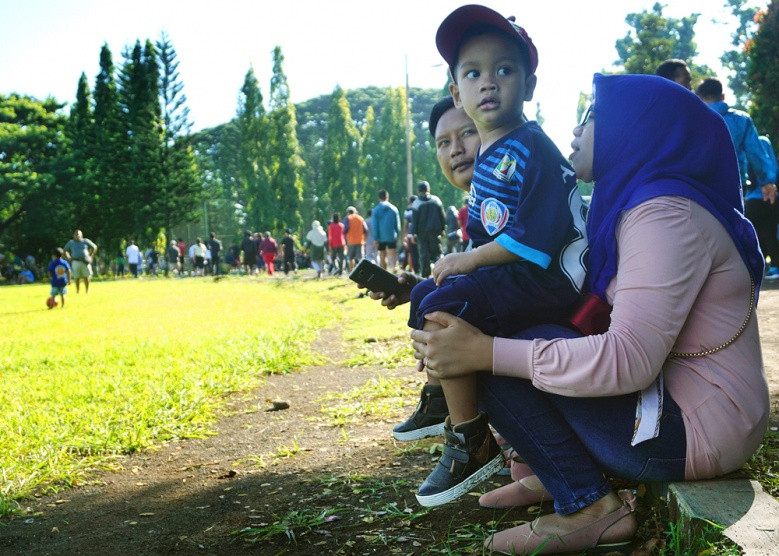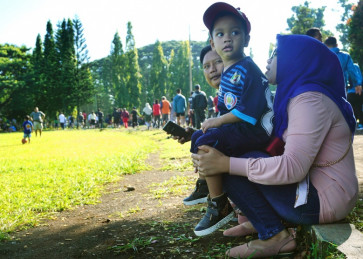Popular Reads
Top Results
Can't find what you're looking for?
View all search resultsPopular Reads
Top Results
Can't find what you're looking for?
View all search resultsDoes Indonesia really need a family resilience bill?
Apart from the growing yet familiar arguments about how the draft bill puts women at a disadvantaged position, the impact of having this draft bill pass goes far beyond the domestic and gender spheres.
Change text size
Gift Premium Articles
to Anyone
T
he current draft of the so-called family resilience bill has riled many Indonesians. The purpose of the bill demands more explanation to unpick how it can truly make families stronger and more resilient.
It contradicts the spirit of previous laws that had endeavored to promote gender equality and protections for women and children.
Examples are Law No. 23/2004 on the elimination of domestic violence, the ratification of the Convention on the Elimination of All Forms of Discrimination Against Women through Law No. 7/1984, and most recently, the revision of the 1974 Marriage Law to increase the legal marriage age to 19 for both genders, which was earlier 16 for females and 19 for males.
Apart from the growing yet familiar arguments about how the draft bill puts women at a disadvantaged position, the impact of having this draft bill pass goes far beyond the domestic and gender spheres.
A number of development economists have highlighted a positive correlation between gender equality and the long-term economic growth of a country. Countries with greater female autonomy allow women to contribute more to human capital and prosperity, leading to greater economic development in the long run. The contrasting gap of women’s participation in the labor force between Scandinavian countries and countries like Pakistan and Afghanistan, for example, is a factor in why they have big gaps in gross domestic product and economic development.
Women’s empowerment is one of the most important sociopolitical factors contributing to the development of the Global South, and Indonesia is no exception. Amartya Sen in 1990 estimated a large number of “missing women” resulted in skewed sex ratios, and argued that this has been one of history’s crucial developmental hurdles.
In 2005, then-United Nations secretary-general Kofi Annan stated that gender equality is a prerequisite for eliminating poverty, reducing infant mortality and reaching universal education.


















